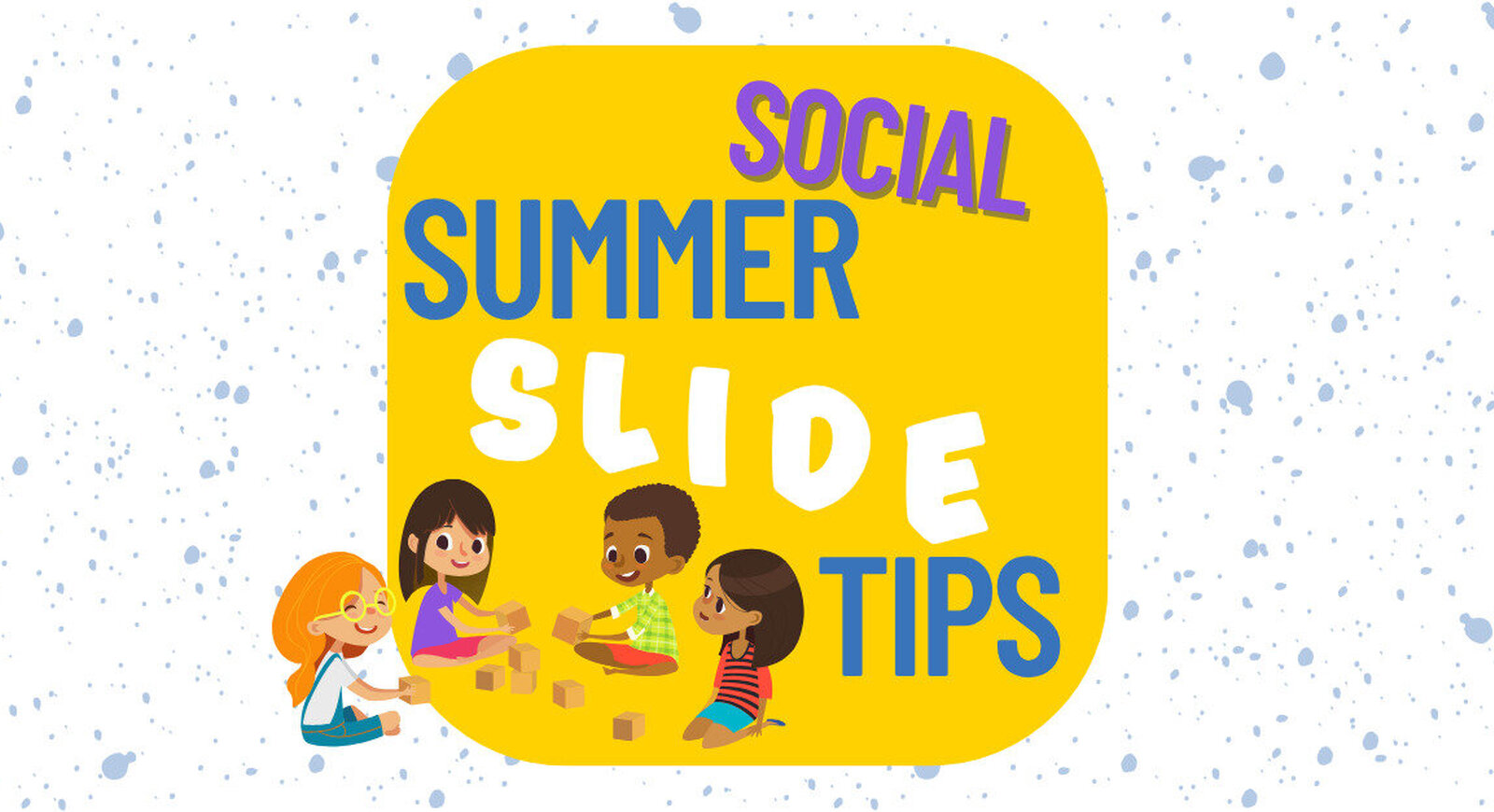 They have all the resources necessary, specialized to the individual learning of each child, and the heart that goes with it. I don't think we would have stayed in Ohio if it wasn't for JB!
They have all the resources necessary, specialized to the individual learning of each child, and the heart that goes with it. I don't think we would have stayed in Ohio if it wasn't for JB! 
JB Parent
Now enrolling!
Apply today for the 2025-26 and 2026-27 school years!
Apply today for the 2025-26 and 2026-27 school years!
Apply today for the 2025-26 and 2026-27 school years!
Apply today for the 2025-26 and 2026-27 school years!
Apply today for the 2025-26 and 2026-27 school years!
Apply today for the 2025-26 and 2026-27 school years!
Apply today for the 2025-26 and 2026-27 school years!
Apply today for the 2025-26 and 2026-27 school years!
Apply today for the 2025-26 and 2026-27 school years!
Apply today for the 2025-26 and 2026-27 school years!
Apply today for the 2025-26 and 2026-27 school years!
Apply today for the 2025-26 and 2026-27 school years!
Apply today for the 2025-26 and 2026-27 school years!
Apply today for the 2025-26 and 2026-27 school years!
Apply today for the 2025-26 and 2026-27 school years!
Apply today for the 2025-26 and 2026-27 school years!
Apply today for the 2025-26 and 2026-27 school years!
Apply today for the 2025-26 and 2026-27 school years!
Apply today for the 2025-26 and 2026-27 school years!
Apply today for the 2025-26 and 2026-27 school years!
Apply today for the 2025-26 and 2026-27 school years!
Apply today for the 2025-26 and 2026-27 school years!
Apply today for the 2025-26 and 2026-27 school years!
Apply today for the 2025-26 and 2026-27 school years!
Apply today for the 2025-26 and 2026-27 school years!
Apply today for the 2025-26 and 2026-27 school years!
Apply today for the 2025-26 and 2026-27 school years!
Apply today for the 2025-26 and 2026-27 school years!
Apply today for the 2025-26 and 2026-27 school years!
Apply today for the 2025-26 and 2026-27 school years!
Apply today for the 2025-26 and 2026-27 school years!
Apply today for the 2025-26 and 2026-27 school years!
Apply today for the 2025-26 and 2026-27 school years!
Apply today for the 2025-26 and 2026-27 school years!
Apply today for the 2025-26 and 2026-27 school years!
Apply today for the 2025-26 and 2026-27 school years!
Apply today for the 2025-26 and 2026-27 school years!
Apply today for the 2025-26 and 2026-27 school years!
Apply today for the 2025-26 and 2026-27 school years!
Apply today for the 2025-26 and 2026-27 school years!
Apply today for the 2025-26 and 2026-27 school years!
Apply today for the 2025-26 and 2026-27 school years!
Apply today for the 2025-26 and 2026-27 school years!
Apply today for the 2025-26 and 2026-27 school years!
Apply today for the 2025-26 and 2026-27 school years!
Apply today for the 2025-26 and 2026-27 school years!
Apply today for the 2025-26 and 2026-27 school years!
Apply today for the 2025-26 and 2026-27 school years!
Apply today for the 2025-26 and 2026-27 school years!
Apply today for the 2025-26 and 2026-27 school years!
Campuses
Welcome to Julie Billiart Schools, a family of K-8 coeducational, catholic schools for children with learning and social differences.
OverviewInterested in Enrollment?
Take the Next Step
Monday, February 03, 2025
Posted by Pete
Self-advocacy is the act of speaking up for yourself, asking for what you want, and taking action to get it. It involves knowing your needs and rights and being able to communicate them effectively. Self-advocacy for students means the ability to actively communicate their own needs, strengths, and learning preferences to teachers and other school staff—essentially speaking up for themselves to ensure they receive the appropriate support and accommodations to succeed in their education. It involves understanding challenges, expressing concerns, and asking for help when needed. People who self-advocate are more likely to thrive in school, work, and life.
Self-advocacy has three key elements:
Everyone can learn to self-advocate. As with any valuable skill, it takes time and practice. The first step is to become more aware of your strengths and challenges. Self-advocacy isn’t easy for many kids, but even young children can learn how to speak up for their needs.
Here’s what you can do to help:
Julie Billiart Schools introduces self-advocacy skills early. Some students pick up on the skills quicker than others, and those skills are used in everyday interactions. Self-advocacy empowers children to express their needs, make changes, and build confidence. These skills are crucial in navigating challenges. JB integrates self-advocacy into classroom culture, encouraging students to ask questions, express preferences, and participate in decision-making. Teachers use visual aids, role-playing scenarios, and class discussions to teach communication and problem-solving strategies. Being a self-advocate means clarity and peace. When things get difficult, share the concerns. Sometimes, when we try to do something on our own, it gets a little confusing.
There are three parts of self-advocacy:
Insights from Educators and Alumni:
Chloe Manfredi and Emily Lengacher, Kindergarten intervention specialists at JB, explain that self-advocacy begins early at JB. Through role-playing and classroom activities, students gradually learn to express their needs and build confidence. By promoting self-advocacy in school, children gain the skills to navigate challenges and develop emotional well-being while fostering positive relationships with peers and adults.
Gabriella Shepherd (Class of 2023) shares her experience, saying that “self-advocacy was the most important lesson she learned at JB.” She continues to use these skills in high school, understanding that asking for help doesn’t make you less independent—it makes you stronger.
In closing, self-advocacy is a powerful tool that empowers individuals to take ownership of their needs, communicate effectively, and actively shape their own experiences, allowing them to navigate life with greater confidence. It’s not just about speaking up but about knowing your worth, setting boundaries, and believing in your right to be heard—ultimately leading to a more fulfilling life by advocating for yourself and your well-being.

Alumni Spotlight: Londyn's Story
Sep 06, 2022
Londyn Taylor, or “LT” as our faculty and staff have lovingly coined her, joined JB Lynd...
Continue Reading
Stay Social: Managing Social Summer Slide
Jul 08, 2025
As a part of our series on how to manage Summer Slide, let’s take a look at social behavior. S...
Continue Reading
Beyond the Books: Summer Slide Tips
Jun 23, 2025
With summer in full swing, many parents may have to deal with summer slide. Summer slide is the pote...
Continue Reading